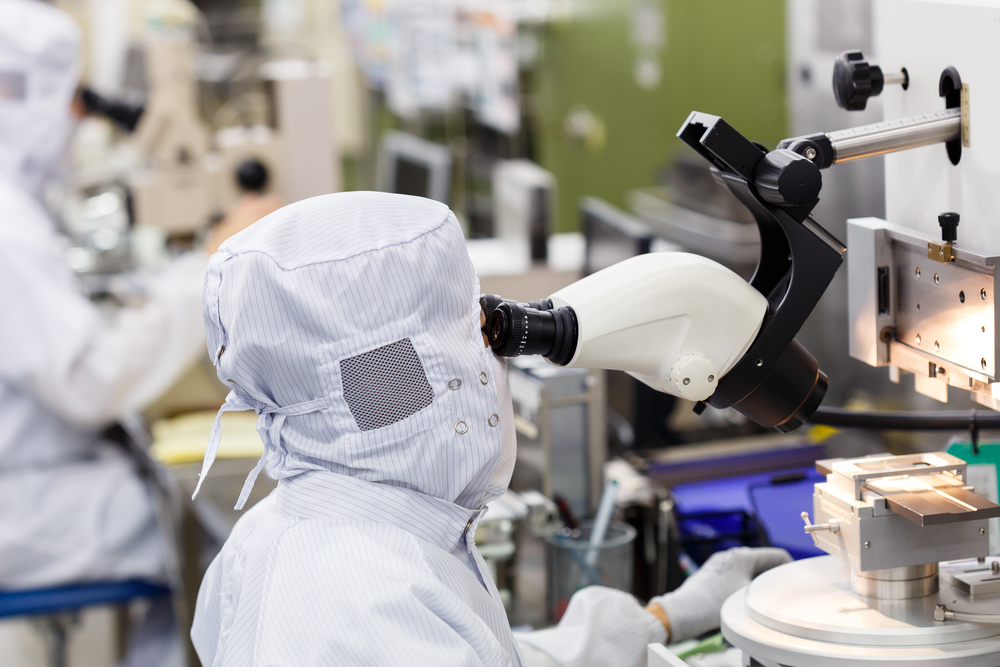Hey, we’ve posted new content about stem cells and cord blood that I’m excited to share with you. Let me know what you think.
Without question, 3D printing is a transformative technology. It is now impacting a diverse range of industries, including medicine, science, technology, manufacturing, and defense. 3D printing is also impacting the stem cell industry, as recent weeks have seen “thaw and use” stem cell ink, 3D printing of iPSCs, and successful blood vessel creation. This article introduces current successes with 3D printing, including 3D printed kidneys and techniques that may speed up by 3D printing by 100, or possibly even 1000, times.
Cynata Therapeutics to Test Proprietary MSC Manufacturing Process in GvHD Clinical Trial
Cynata Therapeutics, a stem cell and regenerative medicine company listed on the Australian stock exchange (ASX: CYP), released major news by announcing that mesenchymal stem cells produced using its Cymerus™ manufacturing platform will be utilized in a Phase 1 clinical study involving patients with steroid-refractory GvHD. The Clinical Trial Company Ltd was identified as the contract research organization (CRO) that Cynata has engaged to conduct the study.
Cynata Therapeutics, a stem cell and regenerative medicine company listed on the Australian stock exchange (ASX: CYP), released major news by announcing that mesenchymal stem cells produced using its Cymerus™ manufacturing platform will be utilized in a Phase 1 clinical study involving patients with steroid-refractory GvHD. The Clinical Trial Company Ltd was identified as the contract research organization (CRO) that Cynata has engaged to conduct the study.
Where to Get Your Morning Stem Cell News? Top 15 Accounts to Follow on Twitter
In a July 2013 USA Today article, Rem Rieder discusses how Twitter “can function as a conveyor belt for first-rate journalism, bringing to your attention terrific material that you might otherwise never encounter”. He then goes on to point out that Twitter is a news pipeline for more than 200 million active users, often ‘breaking’ news before it’s actually news. In this article, you’ll learn the top 15 accounts to follow on Twitter to have breaking stem cell news delivered to your Twitter feed.
In a July 2013 USA Today article, Rem Rieder discusses how Twitter “can function as a conveyor belt for first-rate journalism, bringing to your attention terrific material that you might otherwise never encounter”. He then goes on to point out that Twitter is a news pipeline for more than 200 million active users, often ‘breaking’ news before it’s actually news. In this article, you’ll learn the top 15 accounts to follow on Twitter to have breaking stem cell news delivered to your Twitter feed.
Future Directions for Induced Pluripotent Stem Cell Research, by an iPSC Scientist
The discovery that we can induce plasticity in formerly fully differentiated cells is one of the greatest inventions of the last decades. In this article, Kevin Bielec, a Scientist at RheinCell Therapeutics GmbH, explores a several aspects that should be considered as future directions for iPSC-related research and development. RheinCell is a Düsseldorf-based company that specializes in research-grade production and characterization of human induced pluripotent stem cells (iPSC).
The discovery that we can induce plasticity in formerly fully differentiated cells is one of the greatest inventions of the last decades. In this article, Kevin Bielec, a Scientist at RheinCell Therapeutics GmbH, explores a several aspects that should be considered as future directions for iPSC-related research and development. RheinCell is a Düsseldorf-based company that specializes in research-grade production and characterization of human induced pluripotent stem cells (iPSC).
Recently released, this 250-page global strategic report explores current and future opportunities for mesenchymal stem cells (MSCs). Importantly, it considers traditional market intelligence metrics (grant rates, patent rates, scientific publication rates, clinical trial rates, and more), as well as never released before social analytics (public user data from social media platforms, search engines, Google Trends, and more). Claim cutting-edge data that will improve your strategic decision-making, enhance your commercial strategies, and derive more revenue from MSC-related opportunities.
*Free Bonus: Claim this global strategic report by Fri, Nov. 20, 2015, and we will ship you a free hard copy of the report (value of $200). No code required if you act by Nov. 20, 2015.
Click here to view all recently released blog posts or here to view BioInformant’s global strategic reports for the stem cell and cord blood industry. Be great!
